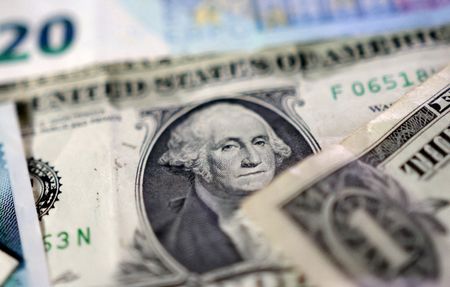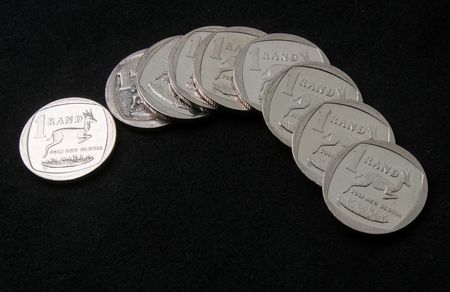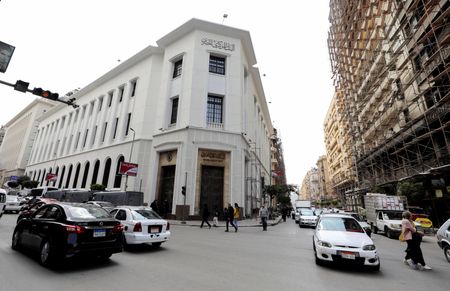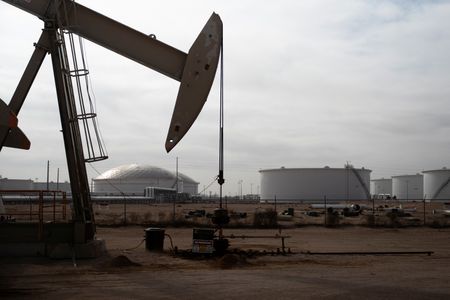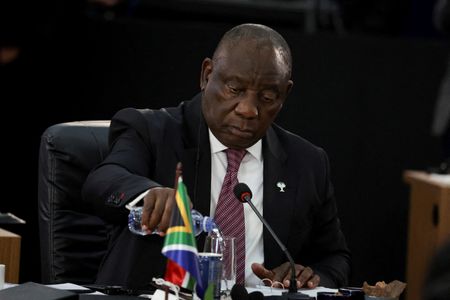By Seher Dareen
(Reuters) -Oil prices fell on Friday, but were set for a weekly gain, tugged between uncertainty about Russian supply and expectations of lower demand as the summer driving season in the United States, the world’s biggest fuel consumer, nears its close.
Brent crude futures for October delivery, which will expire on Friday, fell 36 cents, or 0.5%, at $68.26 at 0816 GMT, while the more active contract for November slid 29 cents, or 0.4%, to $67.69. West Texas Intermediate crude futures were down 28 cents, or 0.4%, at $64.32.
Brent is set for a weekly gain of 0.8%, while WTI is set to climb by 1%.
The market was in part shifting its focus towards next week’s OPEC+ meeting, said Tamas Varga, analyst at PVM Oil Associates.
Crude output has increased from the Organization of the Petroleum Exporting Countries and its allies, known as OPEC+, as it has accelerated output hikes to regain market share, raising the supply outlook that weighed down global oil prices.
Crude prices rose earlier in the week due to Ukrainian attacks on Russian oil export terminals.
U.S. crude inventories for the week ending August 22 showed higher-than-expected draws, implying late-summer demand was still firm, particularly in industrial and freight-related sectors, analyst Ole Hvalbye at SEB bank said in a note. [EIA/S]
However, the end of U.S. summer driving demand with the Labor Day holiday on Monday and more supply from major OPEC+ producers becoming available have weighed on prices.
Commonwealth Bank of Australia commodities analyst Vivek Dhar in a note forecast Brent oil futures falling to $63 a barrel in the fourth quarter of 2025.
Investors are also watching for India’s response to pressure from the U.S. to stop buying Russian oil, after Trump doubled tariffs on imports from India to as much as 50% on Wednesday.
So far, India has defied the U.S. and Russian oil exports to India are set to rise in September, traders said.
“The prevalent view is that Russian sanctions are not forthcoming, and India will ignore U.S. sanction threats and continue buying Russian crude oil at heavily discounted prices,” PVM’s Varga added.
(Reporting by Seher Dareen in London, Yuka Obayashi and Sudarshan Varadhan; Editing by Sonali Paul, Stephen Coates and Barbara Lewis)


